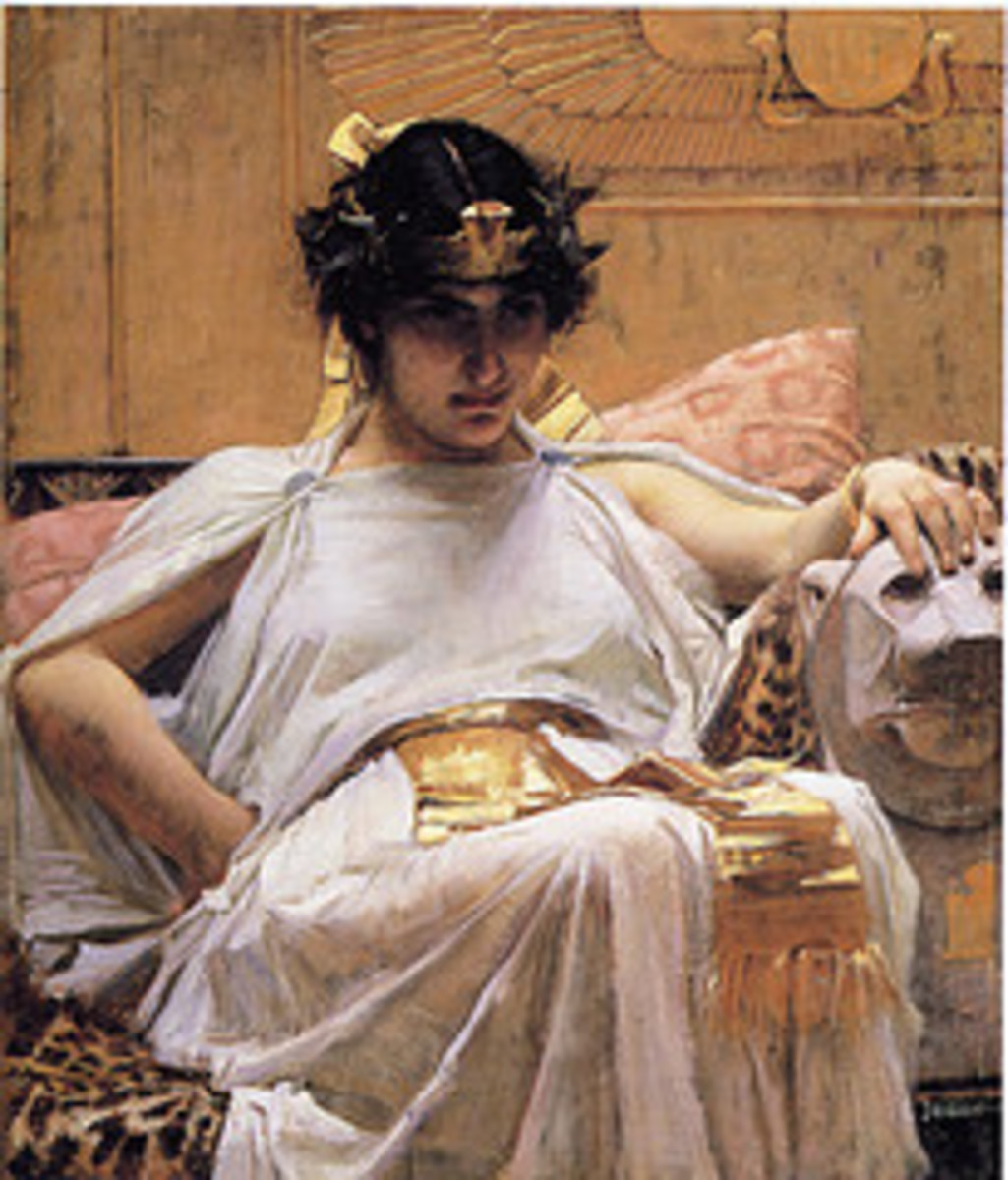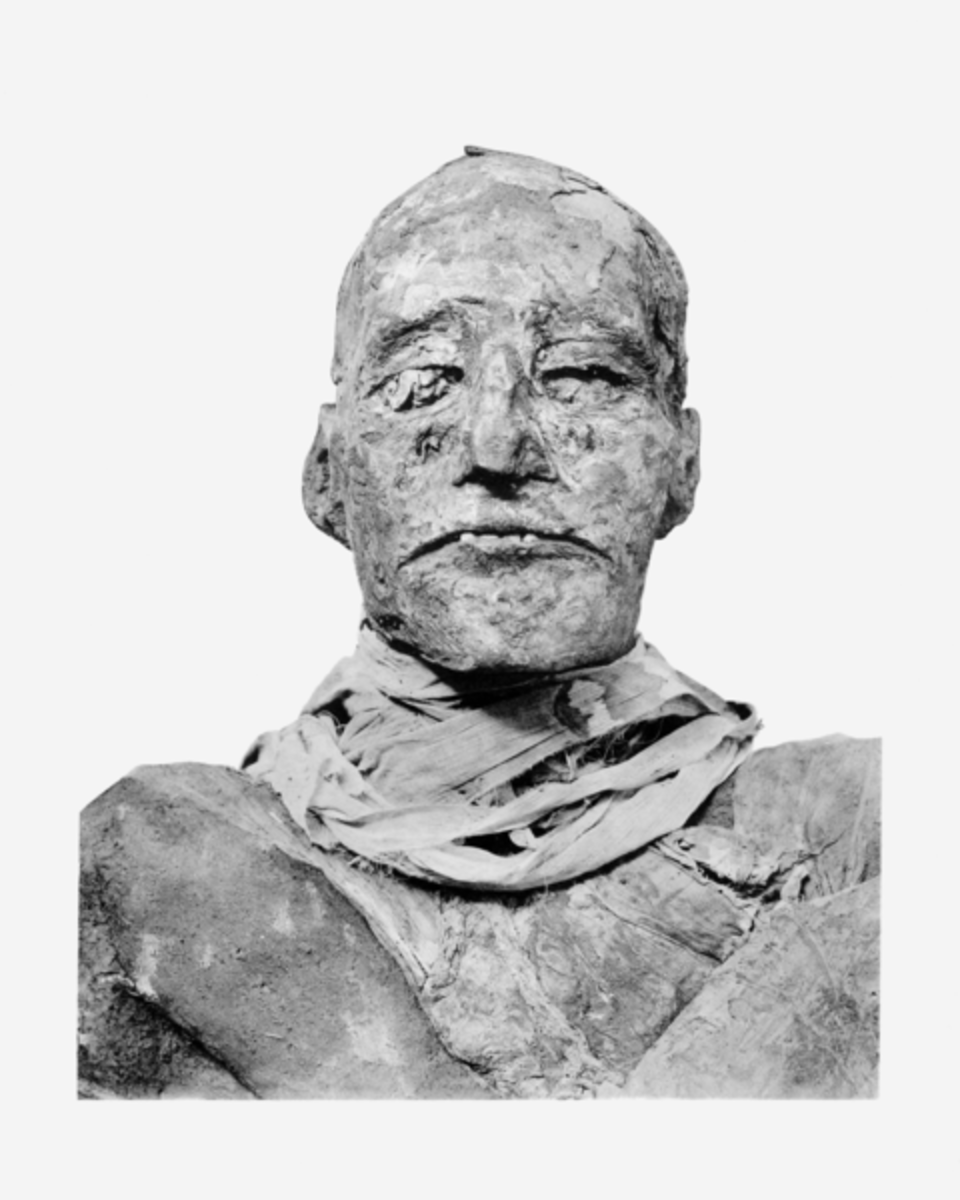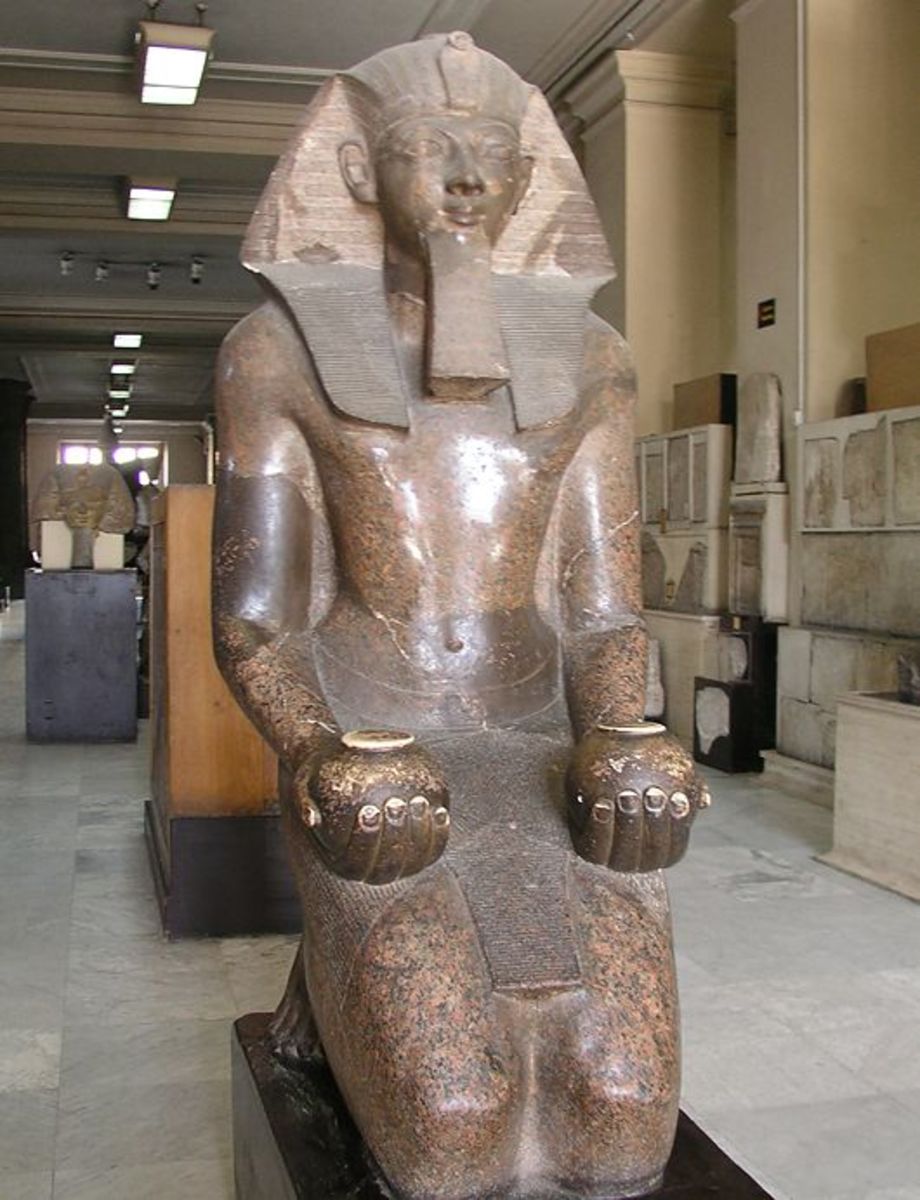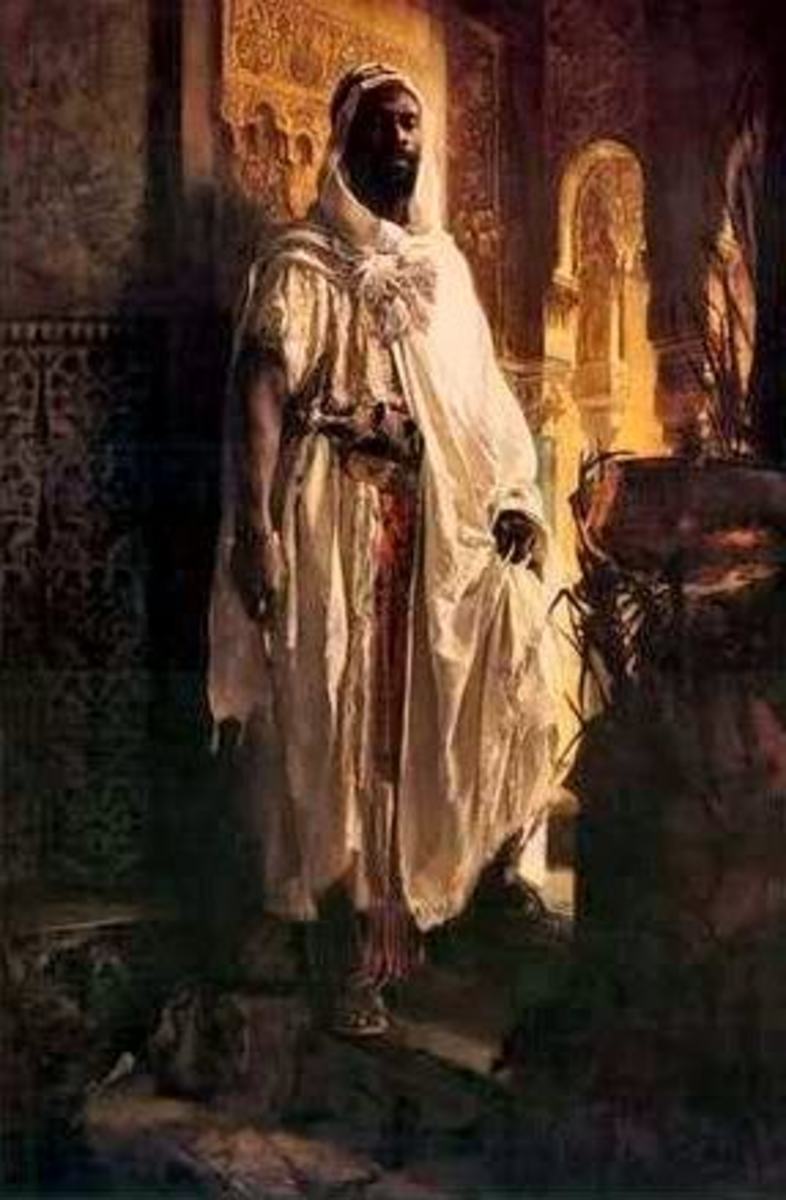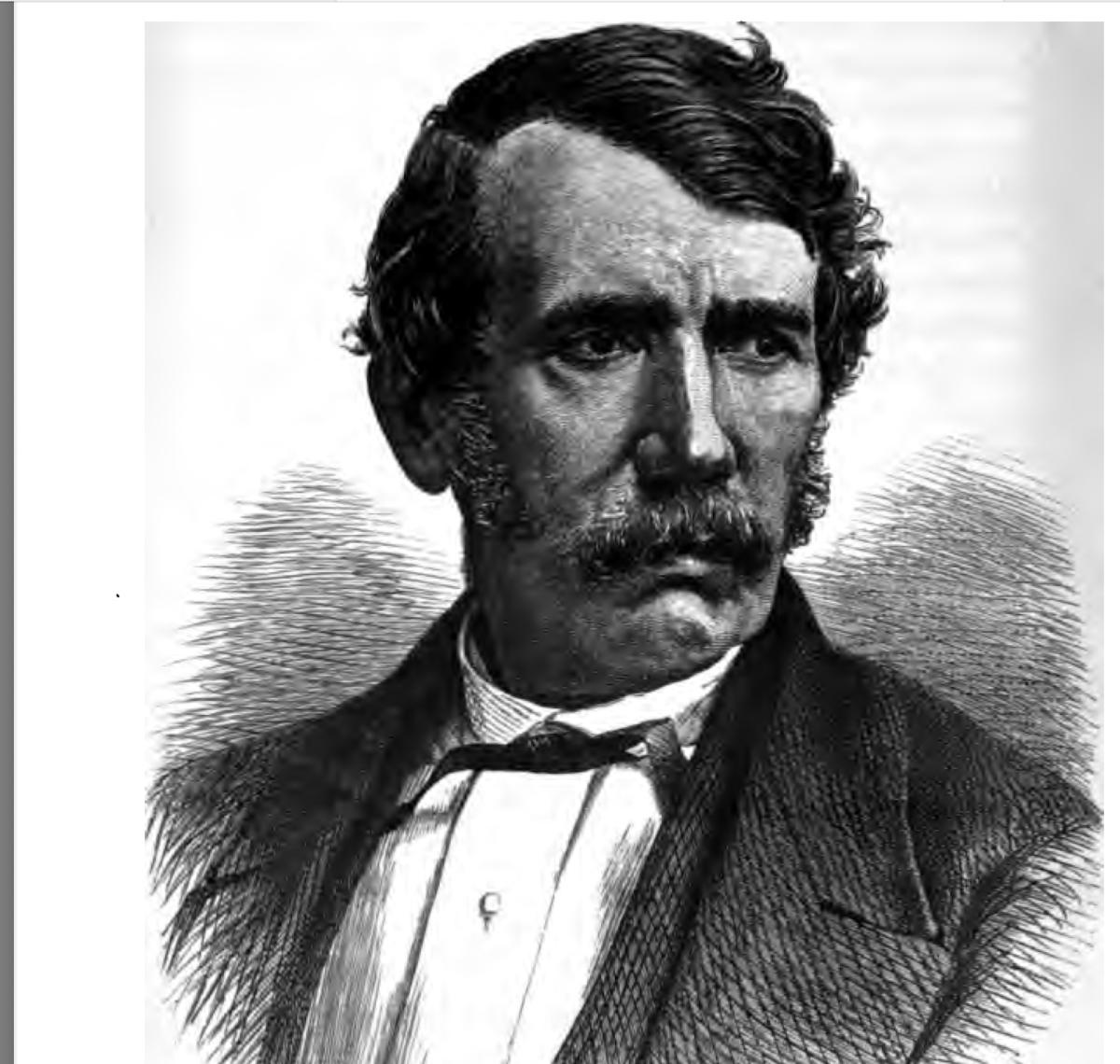Colonizing Egypt: The Expulsion of Foreign Hegemony

The following article is the third and final installment of the "Colonizing Egypt" series. The previous two installments can be found here:
- Colonizing Egypt: A Review on the Methods of Western Imperialism
- Colonizing Egypt: A Further Analysis on the Impact of Western Imperialism
Within the pages of Colonialism and Revolution in the Middle East, Juan Cole explores the culmination of Egyptian resistance against European colonial efforts between the years of 1881 and 1882, manifested in the multi-class social movement known as the ‘Urabi revolution. The author builds upon the arguments of Theda Skocpol, who maintains that social upheavals capable of upsetting a country’s balance of power are generally confined to peasant uprisings that challenge the authority of large landowners. This, Cole believes, is a drastic oversimplification influenced by the Marxist theory of revolution as being a struggle between a growing bourgeoisie and their feudal overlords. Instead, the author argues for an intricate interplay between the Egyptian social echelons, which, through organized resource mobilization and collective action, managed to utilize the rise in literacy, advancements in technology, and growing national awareness to stand against an informal empire ruled by a dual elite.
Cole argues that the primary propagators of the ‘Urabi revolution included “the propertied peasants, the urban guilds, and the intelligentsia” (Cole 22). Each of these groups stood not only against the encroaching colonial powers, embodied mainly in Britain, but also sought to usurp the Ottoman-Egyptian notables, whose privileged tax statuses and allowances for foreign hegemony angered those experiencing the brunt of colonialist ambitions. Through newly realized advantages such as technology, increased literacy, and education, communal ideologies were able to diffuse Egyptian society and thereby organize the people under a united goal, which in this case concerned the grievances against a dual-elite governance.
The negative connotation associated with “revolution” as signifying a breakdown of organized society might therefore be a misnomer to explain the social situation of the late 1800s. The promotion of education, the introduction of widespread printed texts, as well as the integration of newly utilized technologies, such as the telegraph, speaks rather of an evolving and self-aware society, not one at the brink of demise. Additionally, the economic state, which experienced an influx in cash crops and the heightened importance of monetization, was more stable at the point of revolution than it had been for many previous decades. But it is precisely this sort of stability that allowed for the development of nationalistic consciousness as well as dissident sentiments and actions.
These elements, which aided the peasants, guilders, and intelligentsia in setting the stage for social upheaval were although not novel ideas. The modern re-organization of society, education, and the economy had been instigated in the earliest part of the 19th century by Mehmed Ali, who Khaled Fahmy characterizes as yet another disconnected ruler, whose personal ambitions overshadowed the Egyptian nation’s potential. Rebellion and resistance –more than anything else- characterized Ali Pasha’s reign, and foreshadowed the troubles that any future alien exploiters would come to face. Enter: the Europeans.
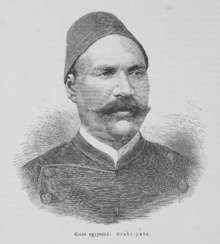
The groundwork that Ali Pasha had managed to construct through his militaristic societal framework inspired the hopeful minds of the European colonialist. The Orientalist from abroad saw only potential for the ”uncivilized” Egyptian, who, as Timothy Mitchell explains, was Westernized through the idealized and heavily manipulated structuring of society based upon pre-conceived notions of existence as displayed in the World Fairs of Europe. What followed then was the imposition of European ideals on Egypt through the modernization of its populace. But, instead of creating a morally in-debt and submissive vassal state, the promotion of learning and the introduction of technologies eradicated much of the ignorance towards foreign intervention, and led instead to resistance and rebellion.
It seems as if any historical martyr who sought to take Egypt under its wing provided it not only with modernized methods of existence, but alas, with the very tools for self-awakening. This is evidenced throughout Cole’s work. The propertied peasant was granted more economic involvement, thereby resulting in greater financial resources that could be applied to political motivations. The guilds experienced a heightened participation in the capitalist market, which caused unfavorable restructuring and oppression by taxation. Advances, such as the printing press, were then able to collectively promulgate the grievances of both of these social strata in impacting forms, not withstanding petitions and manifestos. The spread of literacy and mandatory elementary education although not only produced a more knowledgeable and involved rural and middle class population, but consequently produced a drastic increase of intelligentsia, who were too many to be properly employed and therefore left idle and dissatisfied.
These implements of modernization, coupled with rapid population growth, a fluctuating economy, and a belligerent government, allowed for Ahmad ‘Urabi to lead a social revolution intent of ridding the Egyptian nation of foreign hegemony, and doing so in a collective manner as never before seen. While the uprising was met with only more stringent occupation by the British, which lasted into the 1920s, an incredible victory was in fact had by the Egyptians: the promotion and effective utilization of public consciousness. The patriotic ideals that had for so long been an impossibility due to the disengaged nature of the ruler towards those ruled was finally being overcome, not by a mythical-hero along the lines of Mehmed Ali, but rather simply through the shared grievances and efforts of the general populace.



